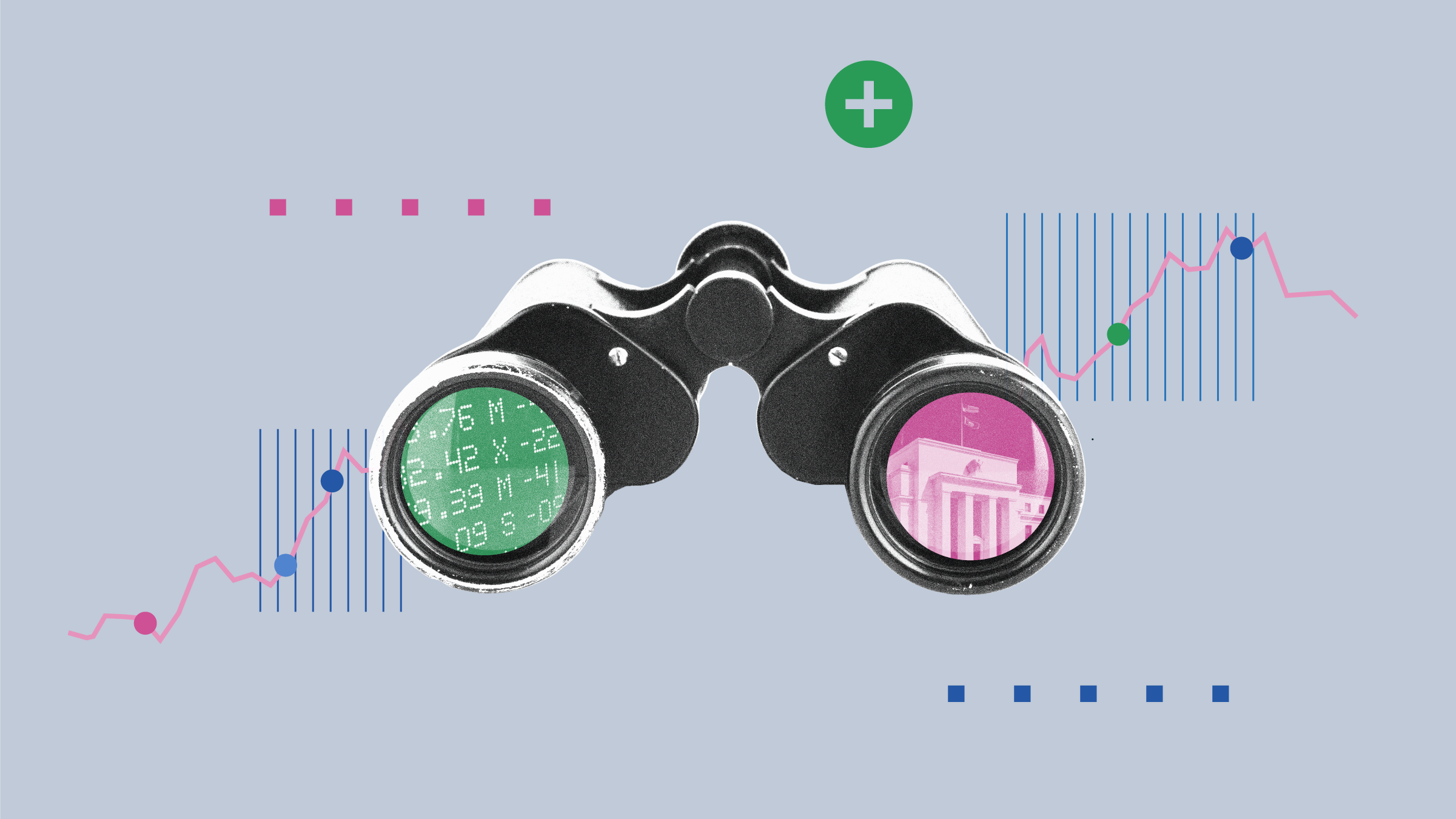
As fees continue to tumble, there has never been a better time to put your money where your mouth is and invest responsibly with exchange-traded funds.
Investors have historically paid for the privilege of incorporating ethical or environmental, social and governance (ESG) factors into their portfolios in the form of higher management fees. However, this is changing.
The average ongoing charge for an ETF that applies ESG values or screens in Europe has fallen year-on-year since 2012 from 0.55% to 0.36% today. At the same time, the market for these funds has grown 10-fold, attracting lower cost fund launches.
The launches of ethical and sustainable ETFs by X-trackers, iShares and L&G represent something of a milestone. For the first time ETF investors can buy a range of ethical and sustainable portfolio building blocks without having to pay a premium for the privilege.
What are You Investing In?
The iShares range offers Europe, USA, Europe, Japan, emerging markets and global equity exposure for an ongoing charge of between 0.07% and 0.2%, making it cheaper than some plain vanilla rivals.
These funds screen out stocks involved in arms, tobacco, thermal coal and controversial weapons, in addition to companies in violation of the United Nations Global Compact principles. This constitutes a relatively light screen.
For example, the iShares MSCI USA ESG Screened ETF (SASU) currently shuns 7% of the broader MSCI USA index. Exclusions include tobacco heavyweight Phillip Morris International and a string of arms manufacturers including Boeing and Lockheed Martin.
The X-trackers ESG ETF range launched back in May 2018 seeks a larger ESG footprint. In addition to values-based exclusions, these apply additional best-in-class ESG and carbon emission screens.
The results are more striking, for example the MSCI Japan ESG Leaders Low Carbon ex Tobacco Involvement 5% index holds around 40% of the parent MSCI Japan index. The suite charges between 0.15% and 0.20% for World, Japan, USA and European equities.
In November L&G became the latest to throw its hat into the ring, debuting its ESG-screened core equity ETF range. The six equity offerings take advantage of L&G’s own ESG scoring system to over and under-weight holdings as well as excluding companies operating in controversial industries, such as weapons, coal mining, and those that are perennial violators of the United Nations Global Compact Principles.
The fact that L&G has chosen to integrate ESG into its core ETF building blocks, demonstrates its belief that ESG considerations should be included in the investment process by default.
Eight of the ten cheapest ethical and sustainable ETFs were launched this year. This wave of low-cost launches has pushed the average fee below the weighted average fee for the first time. As I write, none of the above funds has yet to reach £100 million in assets. As assets flow into these cheap alternatives, we expect the asset weighted fee to fall faster than the average fee.
Of course, in-depth and accurate sustainability research isn’t free, however as assets grow and economies of scale kick-in, fixed costs can be largely offset by rising revenues.
As the biggest indicator of future performance, fee cuts are certainly welcome news directly for ETF investors, but also have a second order effect of turning up the heat on other providers of both passive and active funds, prompting them to revaluate or at least justify higher management fees.
The range of ethical and sustainable ETFs has expanded alongside assets. Beyond the core equity options there are now a handful of fixed income alternatives too. For example, the UBS ETF (LU) Bloomberg Barclays MSCI US Liquid Corporates Sustainable UCITS ETF (UC97) select the most sustainable US corporate debt for a competitive fee of 0.2%.
However, this area of the market remains underdeveloped and for many bond exposures investors are still left without a sustainable option.
Thematic ETFs Capture Investor Imagination
Beyond the broad sustainable offerings which incorporate environmental, social and governance concerns into core portfolio holdings, there are also ETFs which take a more focused approach. These thematic sustainable ETFs are designed to tackle one specific sustainability issue.
For example, Lyxor has teamed up with Equileap, a social enterprise specialising in gender equality to offer the Global Gender Equality (DR) ETF (ELLE). It tracks the 150 companies that score the highest on metrics like gender balance in leadership & workforce globally.
Suitable for those whom environmental issues are a key, the iShares Global Water ETF (DH2O) invests exclusively in companies involved in the global water industry. With around 60 holdings, this fund’s exposure is relatively narrow and is therefore most appropriate as a satellite holding within a broader portfolio.
With falling costs and a growing selection of options from which to choose, there hasn’t been a better time to consider incorporating ethical and sustainable funds into your portfolio.
A version of this article appeared in Money Observer magazine












:quality(80)/cloudfront-us-east-1.images.arcpublishing.com/morningstar/6BCTH5O2DVGYHBA4UDPCFNXA7M.png)













